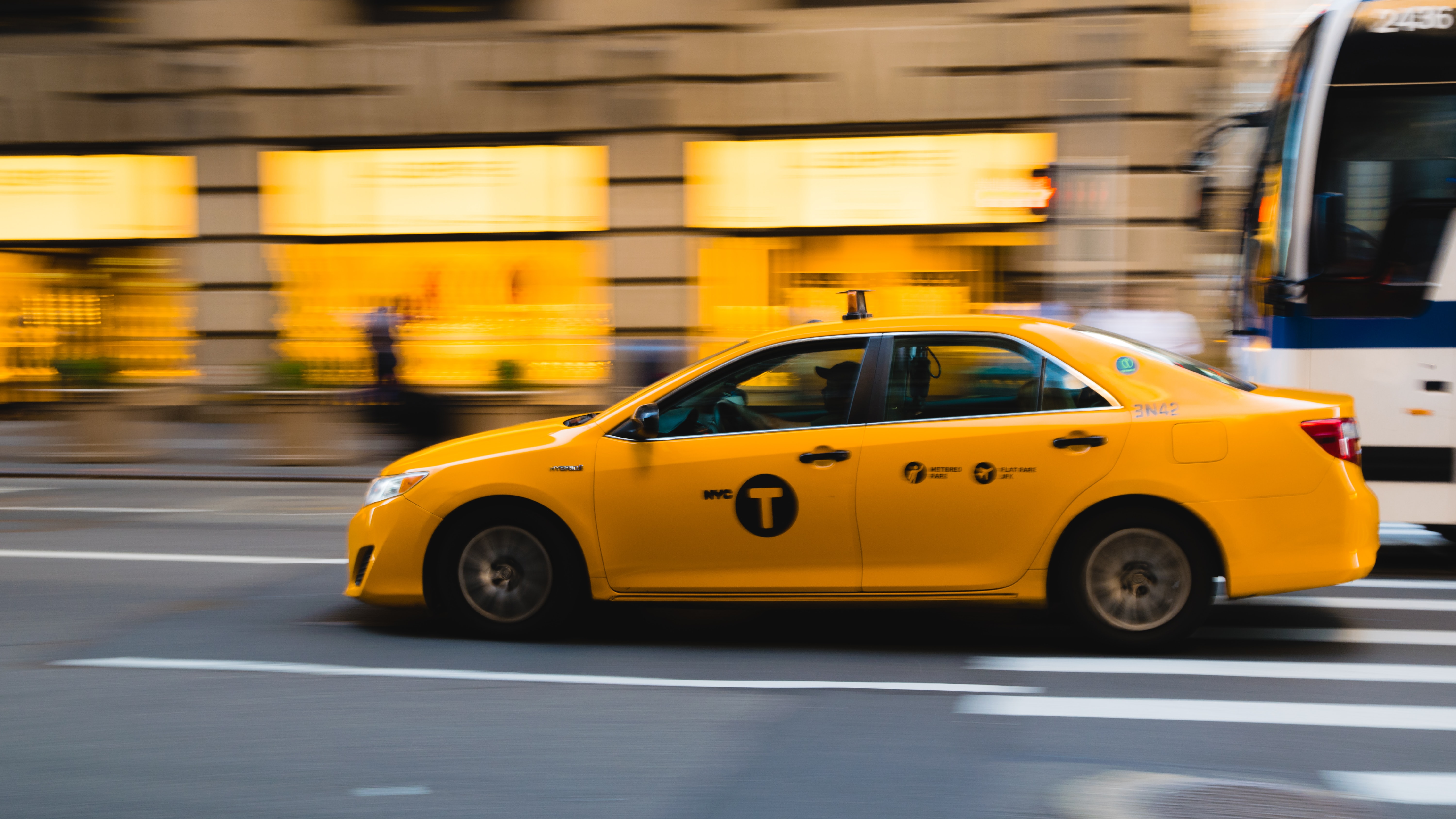Uber’s next ride-offer might be positioned in Southeast Asia. Subsequent to battling in China and Russia, the application administrator swapped its organizations in that region for a stake in Didi and an association with Yandex. Another sensible accomplice would be Grab, which shares a benefactor in the form of SoftBank.
The region from Indonesia to Myanmar is an immense market. With just relatively fewer obstacles related to entry and various calculated issues to determine, however, Uber adversaries, for example, Singapore-based Grab and Indonesia’s Go Jek have developed rapidly. They stood up to these location’s confusing and convoluted traffic and pulled in less well-off customers. Uber, by examination, took more time to acknowledge money, for instance.
Everybody is paying a heavy cost to contend. The intense and dynamic push of Grab in 168 urban communities and a lead position with twice the Uber’s development in application downloads a year ago, as indicated by information from App Annie, has not come less expensive. Uber, which is working out in the area under previous Goldman Sachs official Brooks Entwistle, contends its development is more manageable.
Its more extensive test is Chief Executive Dara Khosrowshahi’s scheme for the first sale of stock in 2019. Notwithstanding tidying up a huge number of past outrages, he should focus his attention on a more grounded wage proclamation. A more extensive net loss of some $1.5 billion in the second from last quarter recommends there is a lot of work to be completed.
Notwithstanding offloading exorbitant operations in places like China, Uber likewise as of late called it quits to its auto renting business in Singapore. It converged with the city-state’s biggest taxi administrator in return for access to more drivers.
India is another exorbitant place to work together, yet one that may hold more noteworthy guarantee and assurance for Uber. After a comparative playbook in Southeast Asia as in China, however, would bode well. One and a half years back in August, Uber swapped its Chinese backup for around 20 percent stake with respect to the local contender Didi Chuxing.
There are dangers featured with such moves. The regional administrators don’t generally remain local. Grab, for instance, could without much of a stretch go worldwide, and turn into an Uber rival in Australia or any other country.
Proceeding to consume money is not really practical, however. What’s more, local associations, in any event, give supports of all sorts. Uber’s course to people in general markets warrants a reroute in Southeast Asia.




